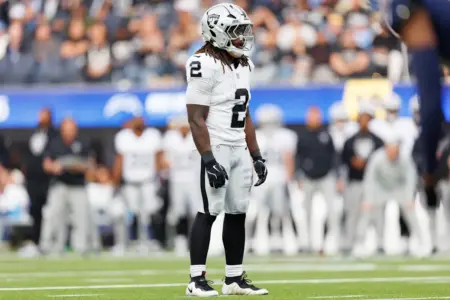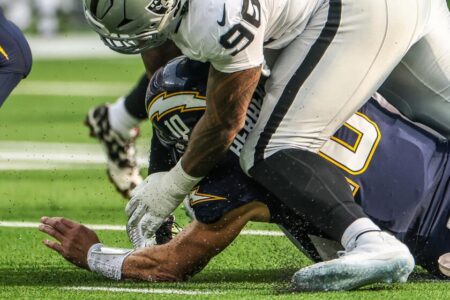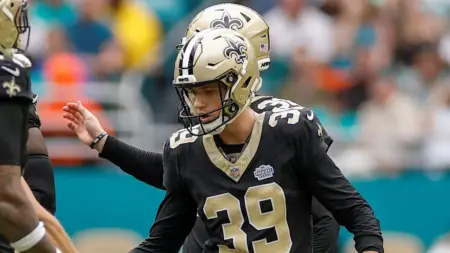The House Doesn’t Always Win
In the world of sports betting, the adage "the house always wins" is often taken as gospel. However, recent events from Super Bowl LIX suggest that the house can indeed lose, and when they do, location often plays a significant role. Nevada sports books, known for their robust and sophisticated operations, walked away with a record $22.1 million in profits from the event. Conversely, Pennsylvania sports books experienced a net loss of $6.5 million, a stark contrast that highlights the unpredictable nature of betting.
Pennsylvania’s Bet on the Eagles
The disparity between Nevada and Pennsylvania’s outcomes can be attributed to the overwhelming support for the Philadelphia Eagles. According to ESPN.com, Pennsylvania sports books saw a record $101.5 million bet on the game, marking a 20.4 percent increase over the previous high set two years earlier. A significant portion of this money was placed on the Eagles, with 73 percent of the bets and 79 percent of the handle backing the team. This surge in local support for the Eagles was a key factor in the sports books’ unexpected losses.
The Impact of Local Influence
Local influence is a critical factor in sports betting, as many gamblers place their bets with their hearts rather than their heads. This phenomenon is particularly evident in regions with strong team loyalties. For instance, when my father ran a book in the 1970s just an hour from Pittsburgh, his customers overwhelmingly backed the Steelers. This local bias made it challenging for him, as the Steelers often covered the spread, leading to financial losses. In contrast, he found success with the Dallas Cowboys, a team the locals loved to hate, and consequently, the bets against them were substantial.
New York’s Windfall
The situation in New York provides a contrasting example. New York sports books posted a record $62.8 million win from the Super Bowl, which included futures bets on the NFL champion. The Giants, a team with a large and passionate fan base in the area, likely influenced many bettors to avoid backing the Eagles. This aversion to the Eagles, driven by local sentiment, worked in favor of the sports books when the Eagles emerged victorious. The house’s winnings in New York demonstrate how local biases can sometimes work to their advantage.
The Role of Player Performance
Player performance can also significantly impact betting outcomes. In the case of Super Bowl LIX, running back Saquon Barkley was a top pick in the anytime-touchdown market. If he had scored, the losses for Pennsylvania sports books would have been even more substantial. This underscores the importance of individual player performance in shaping the financial outcomes of sports bets. The unpredictable nature of sports, where even the most promising players can fall short, adds another layer of complexity to the betting landscape.
The Lessons from a Bookie’s Household
Growing up in a bookie’s household, the most enduring lesson I learned is that the question "Who are you rooting for?" is less relevant than "Who do you need?" This shift in perspective highlights the pragmatism required in the world of sports betting. Bookmakers must remain detached from personal preferences and focus on the financial implications of each bet. The success or failure of a sports book often hinges on the ability to manage and balance the bets, taking into account local biases and the unpredictable nature of sports.











